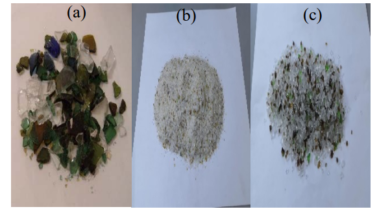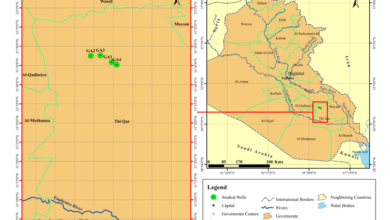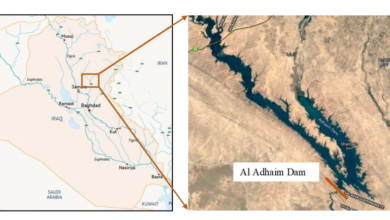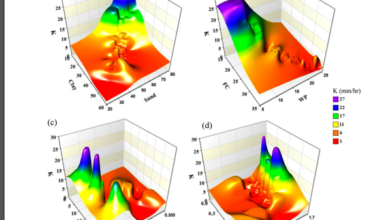Optimising water resources management by Using Water Evaluation and Planning (WEAP) in the West of Iraq

Optimising water resources management by Using Water Evaluation and Planning (WEAP) in the West of Iraq
Nadhir Al-Ansari
Lulea University of Technology, Department of Civil, Environmental and Natural Resources Engineering, Porsön, 97187 Lulea, Sweden
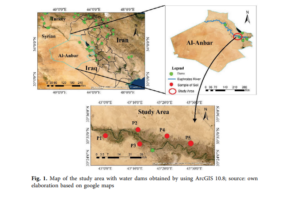
Abstract:
Iraq has been suffering from decreasing Euphrates discharge due to the construction of dams within upstream countries and the use of surface irrigation systems. The country is facing a problem with meeting the increasing demand for water as a result of population growth and development in the industrial and agricultural sectors. Therefore, a simulation modelling was used for western Iraq (Ramadi city as a case study) using the Water Evaluation and Planning System (WEAP) for the period 2018–2035. This research follows a four-step approach that involves: (i) evaluating the available water of the Euphrates River under declined water imports by the construction of dams in Turkey and Syria (ii) assessing present and future water demands of the domestic, industrial, and agricultural sectors (iii) improving water productivity (WP) by means of saving more water (iv) estimating the economic returns under improved water use. The results showed that Iraq would face a serious problem in the coming years, represented by the limited storage of Haditha Dam, which is considered the strategic water storage site for the middle and southern regions of Iraq. The study indicated the necessity of finding alternative sources of water supply by adopting new water management strategies to reduce the water deficit

